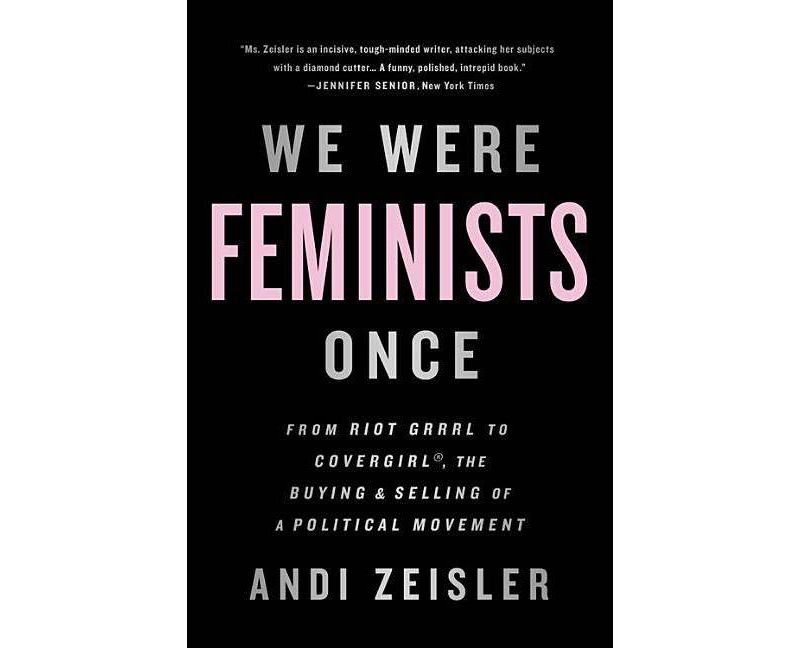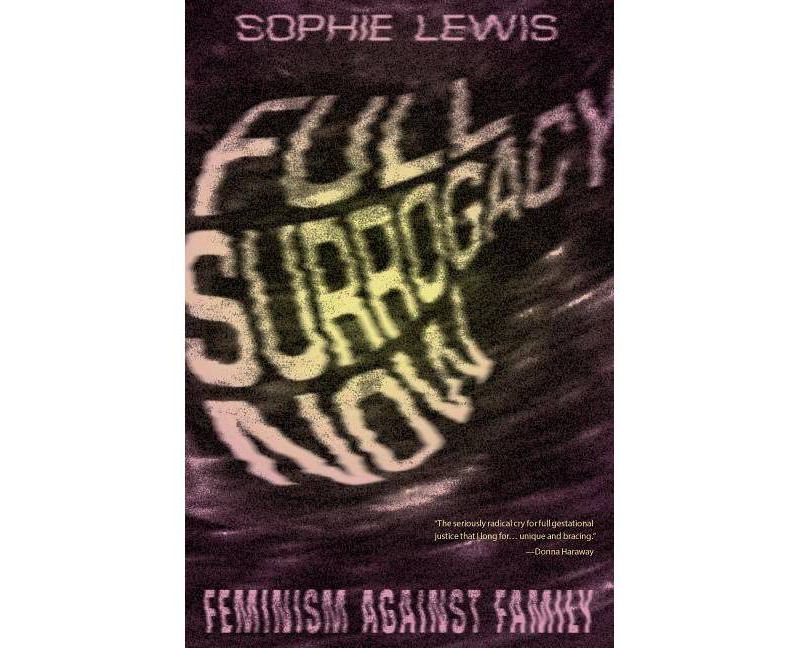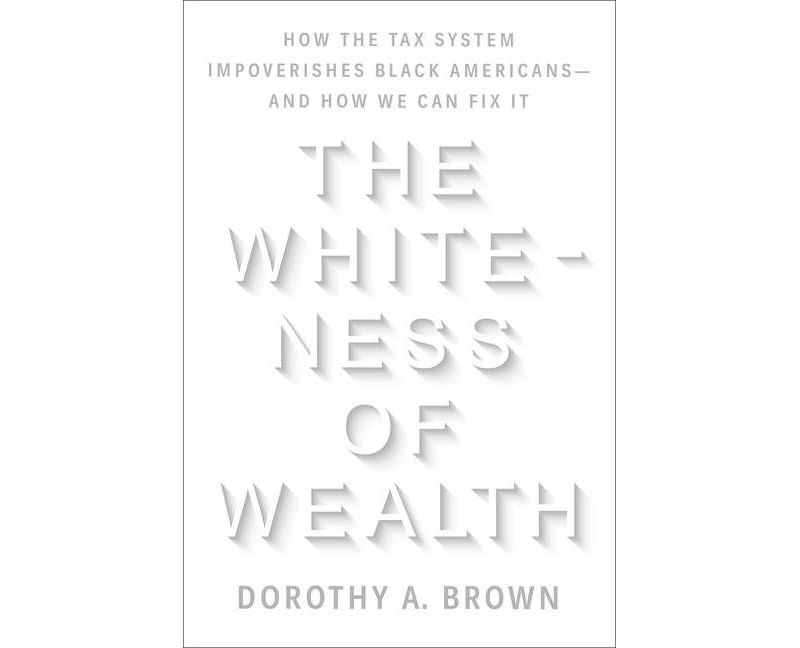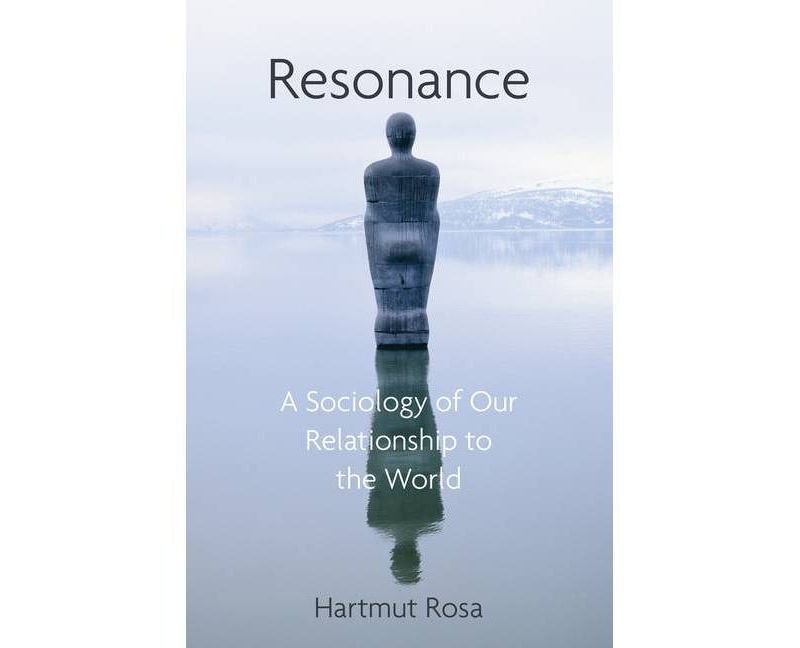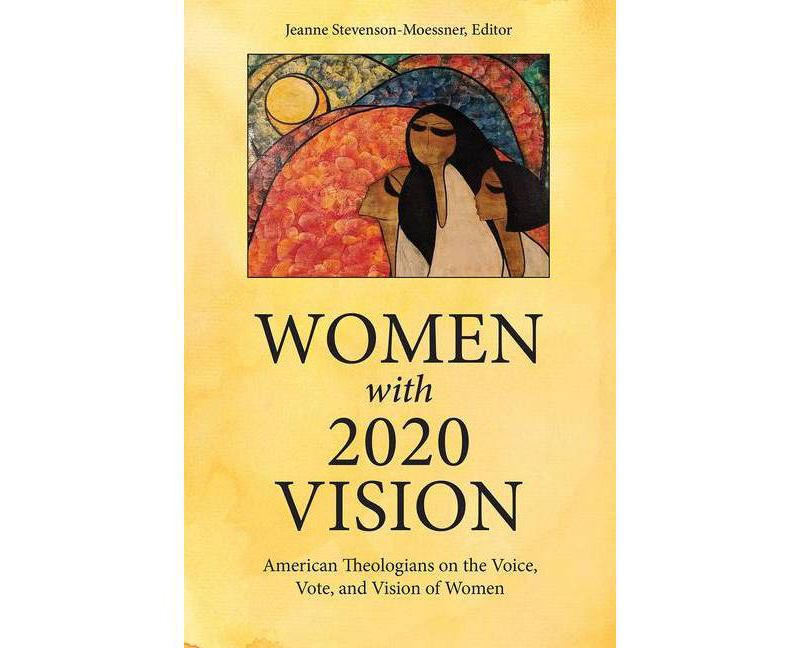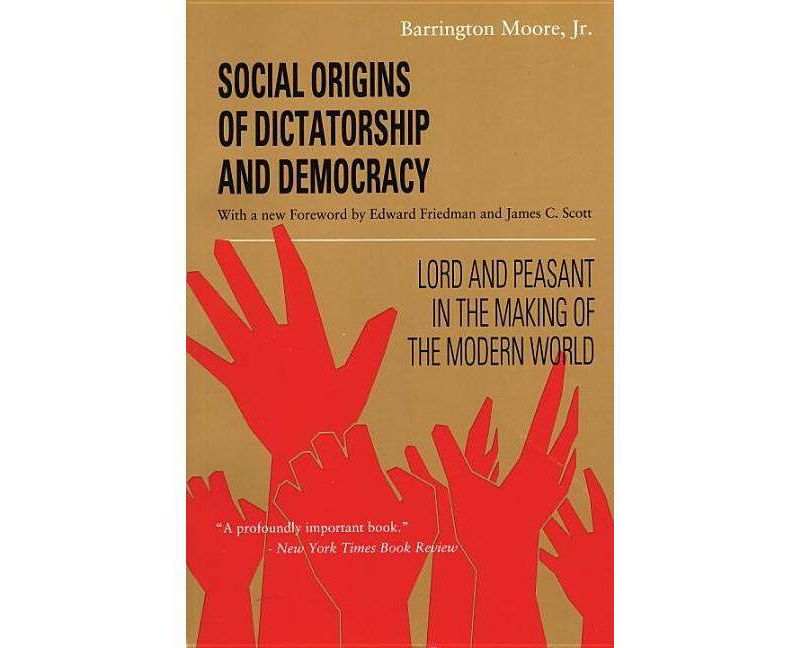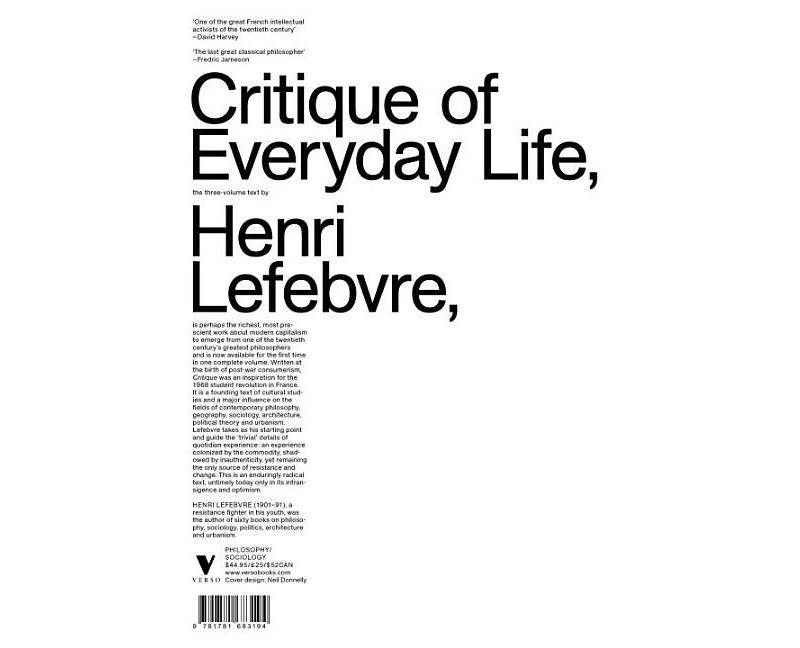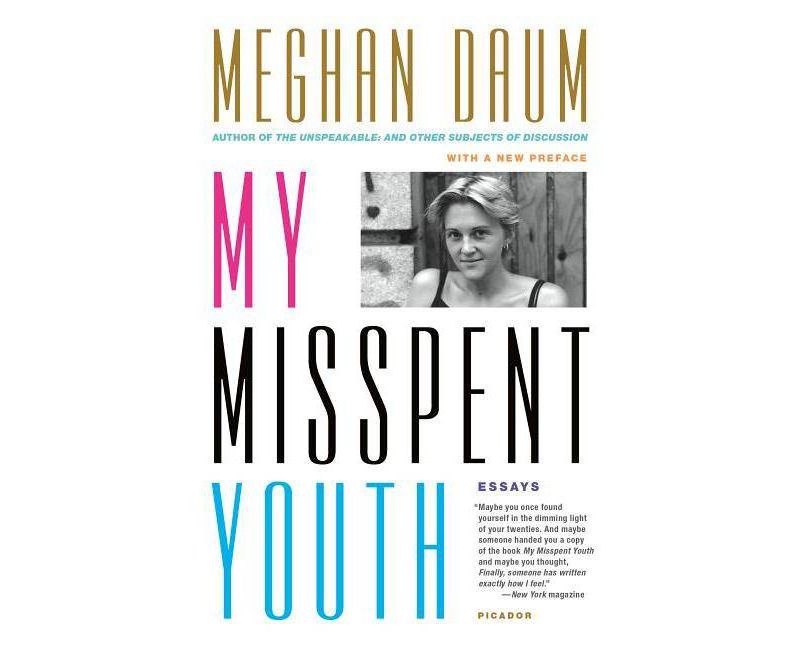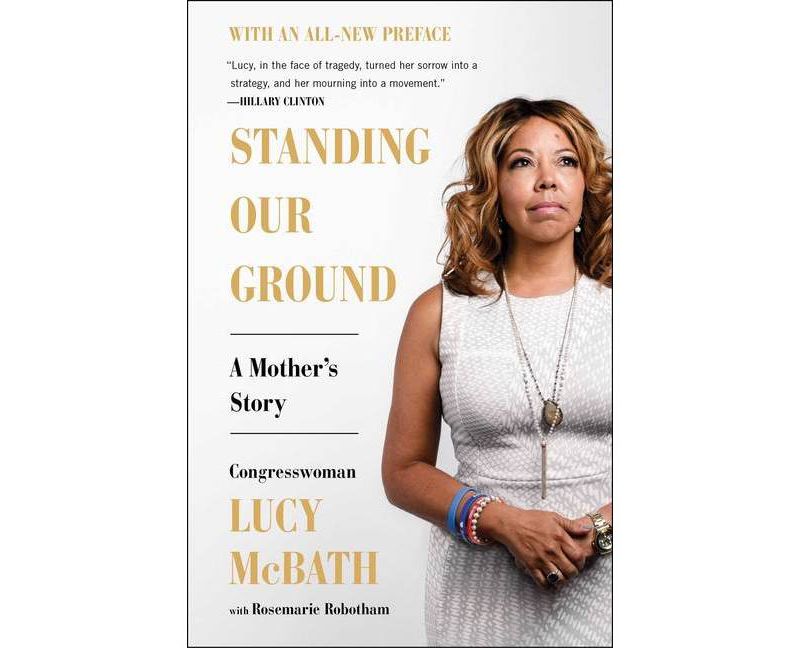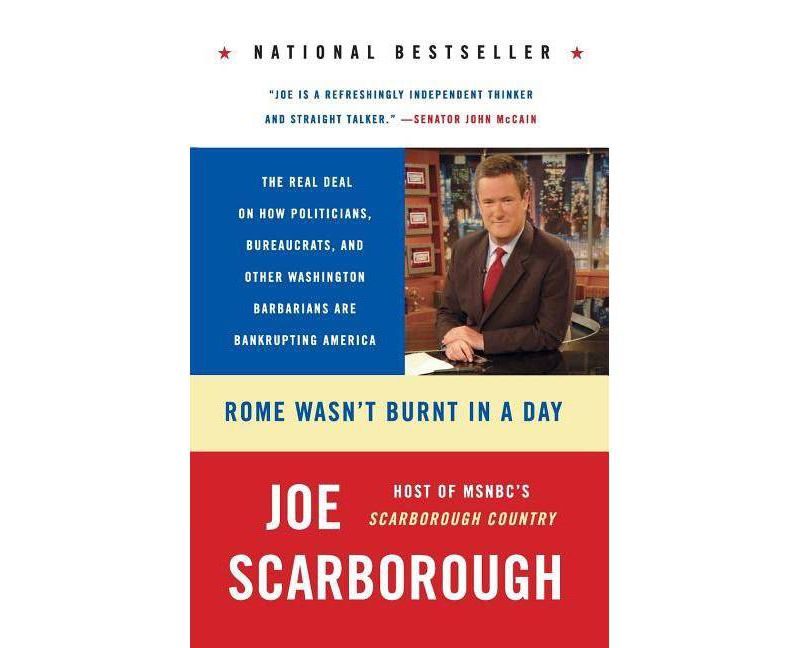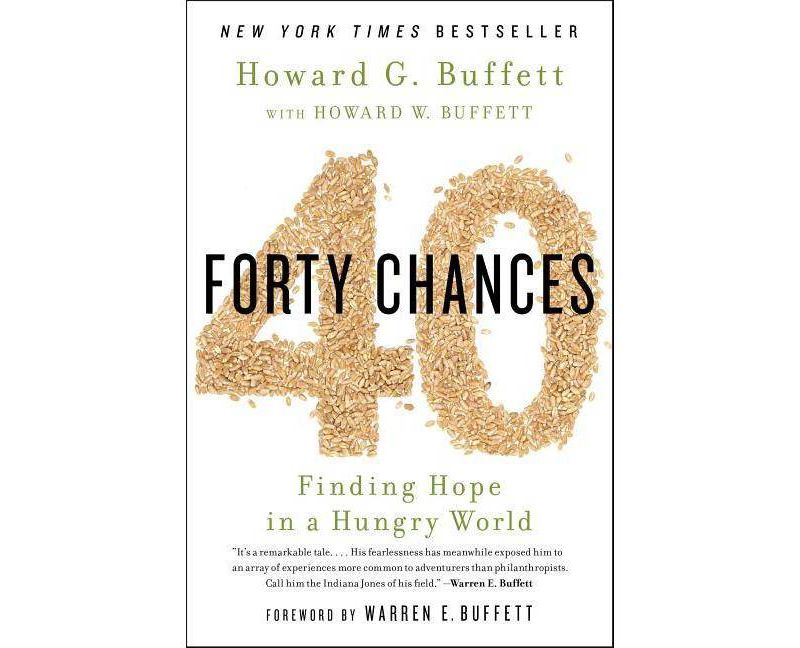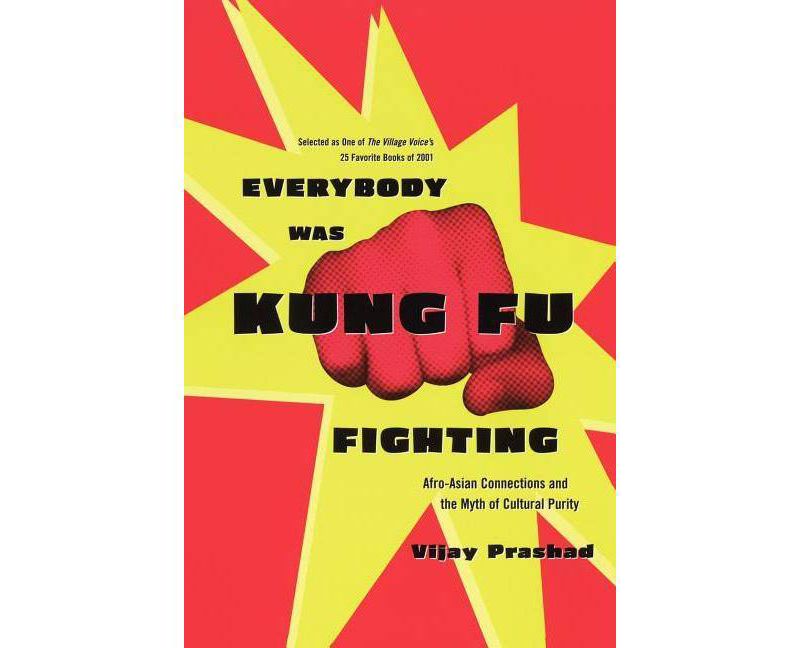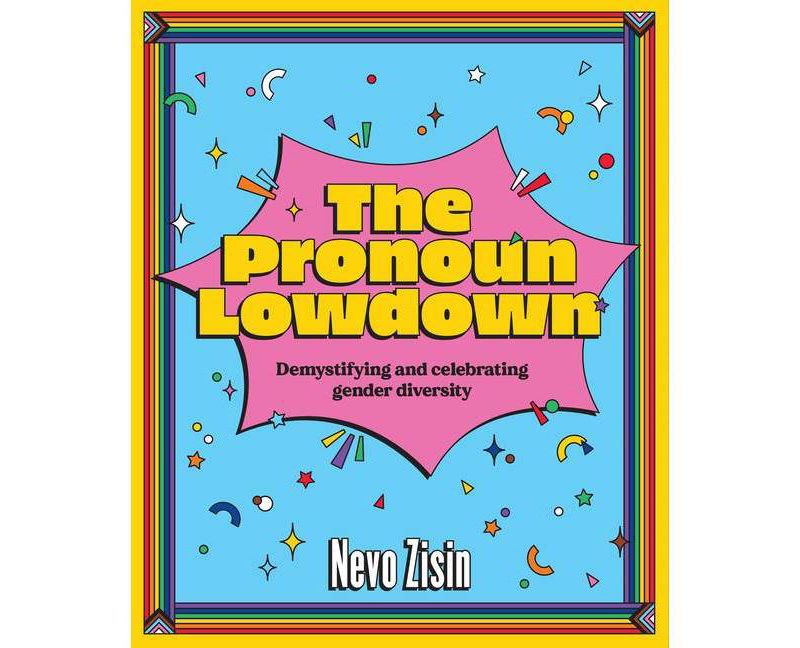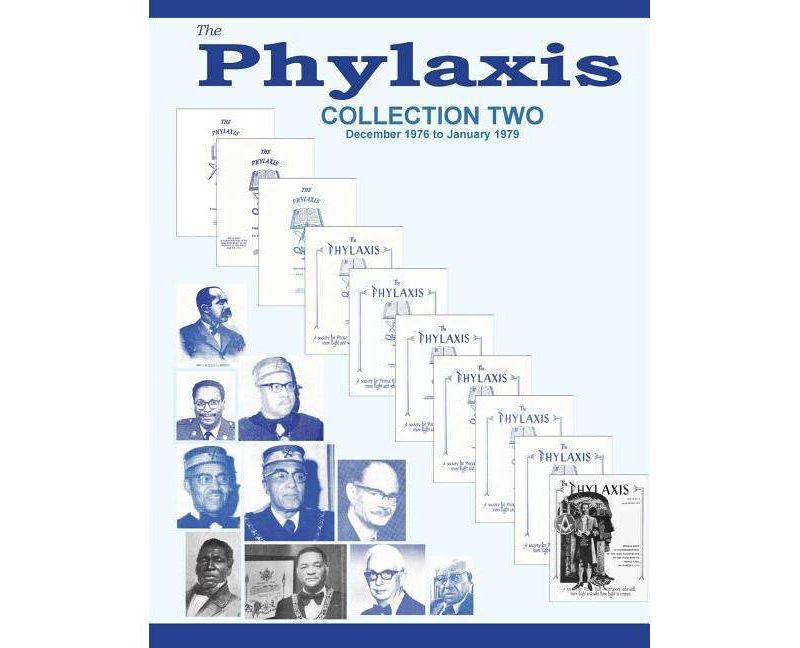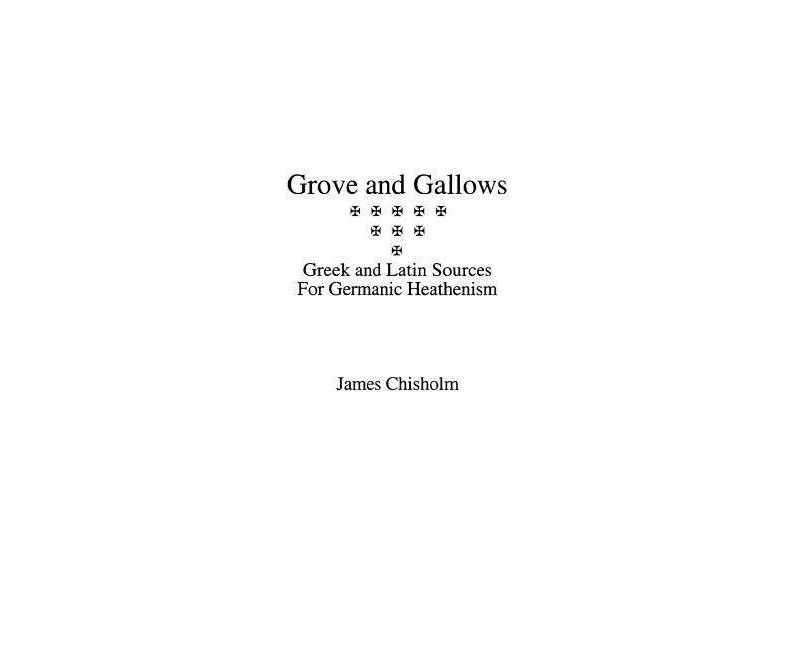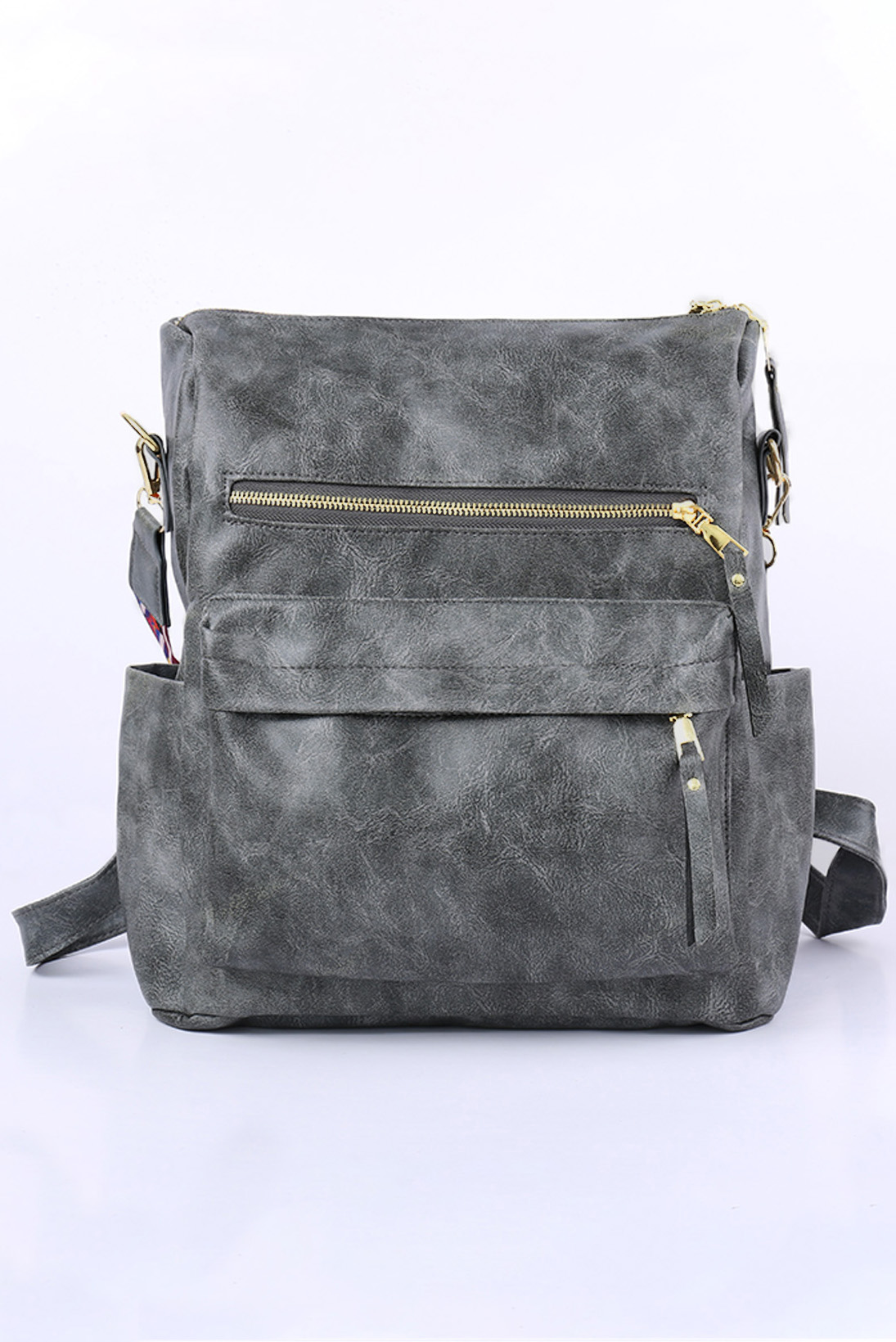Trusted shipping
Easy returns
Secure shopping
Buy Muslim Cool - by Su'ad Abdul Khabeer (Paperback) in United States - Cartnear.com
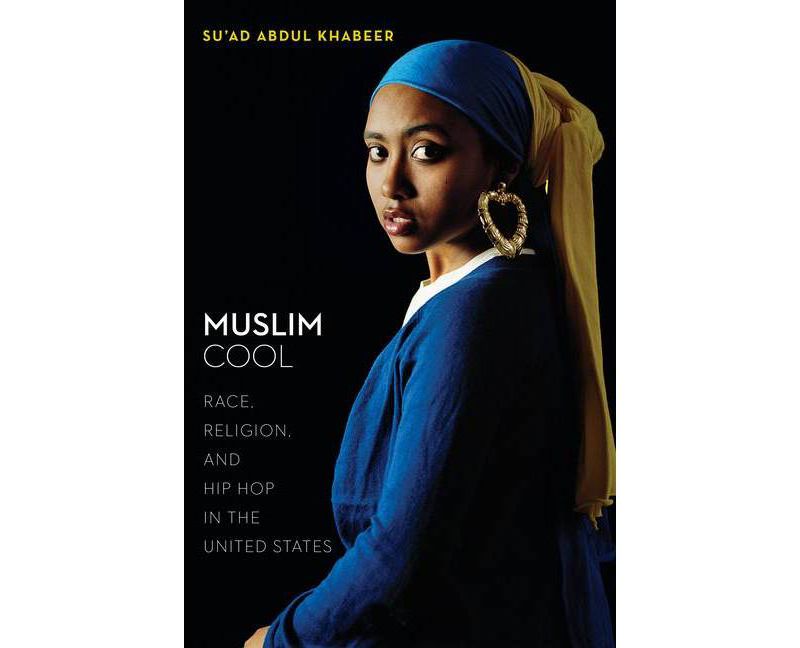
Muslim Cool - by Su'ad Abdul Khabeer (Paperback)
CTNR972896 09781479894505 CTNR972896Alvarez
2027-02-23
/itm/muslim-cool-by-suad-abdul-khabeer-paperback-972896
USD
31.68
$ 32 $ 33 4% Off
Item Added to Cart
customer
*Product availability is subject to suppliers inventory
SHIPPING ALL OVER UNITED STATES
100% MONEY BACK GUARANTEE
EASY 30 DAYSRETURNS & REFUNDS
24/7 CUSTOMER SUPPORT
TRUSTED AND SAFE WEBSITE
100% SECURE CHECKOUT
Number of Pages: 288
Genre: Social Science
Sub-Genre: Ethnic Studies
Format: Paperback
Publisher: New York University Press
Age Range: Adult
Book theme: African American Studies
Author: Su'ad Abdul Khabeer
Language: English
A must read for any student of anthropology, religion, migration, or urban studies.-- "Choice"
A skilled ethnographer, [Su'ad Abdul Khabeer] combines her poet's ear and thorough research in prose that flips the script on the anti-Black, anti-Muslim sentiment.-- "Ebony"
AbdulKhabeer explores the rich relationship of hip-hop to Islam in her fascinating new work, Muslim Cool.-- "Foreword Reviews"
An intense and novel anthropological approach to the development of the relationship between African American Muslimsthe original American face of Islamand immigrant Muslims and their children. An absolute must-read.--Aminah Beverly McCloud, DePaul University
Because the text stays so close to her teachers words and theorizations while working through complex questions regarding power and religious and racial identity, it is accessible to both everyday readers and scholarly circles alike.-- "Religious Studies Review"
In times when both Islam and Hip Hop have been constructed as threats to American civilization by some, Muslim Cool presents a much-needed, rigorous analysis backed by rich, ethnographic detail to present a far more nuanced and intriguing storya story that is central to understanding current U.S. racial, religious, and political landscapes. Through Khabeers groundbreaking research and carefully crafted narrative and argumentation, we discover the journeys of young Muslims who find, through Hip Hop, a way of being Muslim that helps them challenge anti-Black racism in their everyday lives and interactions with systemic inequalities. Muslim Cool is, as dead prez once rapped, bigger than Hip Hopit is a must-read for anyone interested in race, religion and culture in contemporary America.--H. Samy Alim, author of Roc the Mic Right: The Language of Hip Hop Culture
Khabeers study explores how young African American Muslim women and men who embrace Muslim cool use hip-hop styles of dress, music, dance, and spoken-word performance to assert their Muslim bona fides. In so doing, they are arguing against the anti-black biases of the dominant Middle Eastern and South Asian immigrant Muslim community in the United States. But theyre also arguing for their sense of belonging in the American national community that is normed as white even as it claims to be post-racial and multicultural.-- "Christian Century Review"
Muslim Cool discusses much-neglected topics in the field of Islam in America; Khabeer's discussion of Muslim masculinity in the United States, for instance, is a contribution to a shockingly small bibliography on the topic.-- "Mashriq Mahjar Journal"
Muslim Coolbrilliantly spotlights how Black Muslim youth construct and perform identities that embody indigenous forms of Black cultural production. Equally important, the text shows how these constructions are used to reimagine, reshape, and resist hegemonic and often anti-Black conceptions of Muslim identity. With masterful ethnographic detail, Abdul Khabeer offers a subtle and rich analysis of the complex relationships between race, religion, and state power. This book is a desperately needed intervention within Anthropology, Africana Studies, and Islamic Studies.--Marc Lamont Hill, author of Beats, Rhymes, and Classroom Life: Hip-Hop Pedagogy and the Politics of Identity
Muslim Coolcelebrates the spiritual grounding of hip hop and tries to tease apart its complex relationships with race and religion.-- "The Atlantic"
The book in sum is an admirable approach to the circulation of Blackness, which few have taken up in the context of Muslims in the United States.-- "Sociology of Religion"
Where Chance injects spirituality into hip-hop, Muslim Cool injects hip-hop into spirituality. And in doing so, as Abdul-Khabeers Muslim Cool-hunting presents, its expanding the ways in which black history, culture, and politics get expressed, re-defined, and redeployed into new contexts.-- "Popmatters"
Genre: Social Science
Sub-Genre: Ethnic Studies
Format: Paperback
Publisher: New York University Press
Age Range: Adult
Book theme: African American Studies
Author: Su'ad Abdul Khabeer
Language: English
About the Book
"This groundbreaking study of race, religion and popular culture in the 21st century United States focuses on a new concept, Muslim Cool. Muslim Cool is a way of being an American Muslim--displayed in ideas, dress, social activism in the 'hood, and in complex relationships to state power. Constructed through hip hop and the performance of Blackness, Muslim Cool is a way of engaging with the Black American experience by both Black and non-Black young Muslims that challenges racist norms in the U.S. as well as dominant ethnic and religious structures within American Muslim communities"--Amazon.com.Book Synopsis
Interviews with young Muslims in Chicago explore the complexity of identities formed at the crossroads of Islam and hip hop
This groundbreaking study of race, religion and popular culture in the 21st century United States focuses on a new concept, "Muslim Cool." Muslim Cool is a way of being an American Muslim--displayed in ideas, dress, social activism in the 'hood, and in complex relationships to state power. Constructed through hip hop and the performance of Blackness, Muslim Cool is a way of engaging with the Black American experience by both Black and non-Black young Muslims that challenges racist norms in the U.S. as well as dominant ethnic and religious structures within American Muslim communities. Drawing on over two years of ethnographic research, Su'ad Abdul Khabeer illuminates the ways in which young and multiethnic US Muslims draw on Blackness to construct their identities as Muslims. This is a form of critical Muslim self-making that builds on interconnections and intersections, rather than divisions between "Black" and "Muslim." Thus, by countering the notion that Blackness and the Muslim experience are fundamentally different, Muslim Cool poses a critical challenge to dominant ideas that Muslims are "foreign" to the United States and puts Blackness at the center of the study of American Islam. Yet Muslim Cool also demonstrates that connections to Blackness made through hip hop are critical and contested--critical because they push back against the pervasive phenomenon of anti-Blackness and contested because questions of race, class, gender, and nationality continue to complicate self-making in the United States.Review Quotes
A must read for any student of anthropology, religion, migration, or urban studies.-- "Choice"
A skilled ethnographer, [Su'ad Abdul Khabeer] combines her poet's ear and thorough research in prose that flips the script on the anti-Black, anti-Muslim sentiment.-- "Ebony"
AbdulKhabeer explores the rich relationship of hip-hop to Islam in her fascinating new work, Muslim Cool.-- "Foreword Reviews"
An intense and novel anthropological approach to the development of the relationship between African American Muslimsthe original American face of Islamand immigrant Muslims and their children. An absolute must-read.--Aminah Beverly McCloud, DePaul University
Because the text stays so close to her teachers words and theorizations while working through complex questions regarding power and religious and racial identity, it is accessible to both everyday readers and scholarly circles alike.-- "Religious Studies Review"
In times when both Islam and Hip Hop have been constructed as threats to American civilization by some, Muslim Cool presents a much-needed, rigorous analysis backed by rich, ethnographic detail to present a far more nuanced and intriguing storya story that is central to understanding current U.S. racial, religious, and political landscapes. Through Khabeers groundbreaking research and carefully crafted narrative and argumentation, we discover the journeys of young Muslims who find, through Hip Hop, a way of being Muslim that helps them challenge anti-Black racism in their everyday lives and interactions with systemic inequalities. Muslim Cool is, as dead prez once rapped, bigger than Hip Hopit is a must-read for anyone interested in race, religion and culture in contemporary America.--H. Samy Alim, author of Roc the Mic Right: The Language of Hip Hop Culture
Khabeers study explores how young African American Muslim women and men who embrace Muslim cool use hip-hop styles of dress, music, dance, and spoken-word performance to assert their Muslim bona fides. In so doing, they are arguing against the anti-black biases of the dominant Middle Eastern and South Asian immigrant Muslim community in the United States. But theyre also arguing for their sense of belonging in the American national community that is normed as white even as it claims to be post-racial and multicultural.-- "Christian Century Review"
Muslim Cool discusses much-neglected topics in the field of Islam in America; Khabeer's discussion of Muslim masculinity in the United States, for instance, is a contribution to a shockingly small bibliography on the topic.-- "Mashriq Mahjar Journal"
Muslim Coolbrilliantly spotlights how Black Muslim youth construct and perform identities that embody indigenous forms of Black cultural production. Equally important, the text shows how these constructions are used to reimagine, reshape, and resist hegemonic and often anti-Black conceptions of Muslim identity. With masterful ethnographic detail, Abdul Khabeer offers a subtle and rich analysis of the complex relationships between race, religion, and state power. This book is a desperately needed intervention within Anthropology, Africana Studies, and Islamic Studies.--Marc Lamont Hill, author of Beats, Rhymes, and Classroom Life: Hip-Hop Pedagogy and the Politics of Identity
Muslim Coolcelebrates the spiritual grounding of hip hop and tries to tease apart its complex relationships with race and religion.-- "The Atlantic"
The book in sum is an admirable approach to the circulation of Blackness, which few have taken up in the context of Muslims in the United States.-- "Sociology of Religion"
Where Chance injects spirituality into hip-hop, Muslim Cool injects hip-hop into spirituality. And in doing so, as Abdul-Khabeers Muslim Cool-hunting presents, its expanding the ways in which black history, culture, and politics get expressed, re-defined, and redeployed into new contexts.-- "Popmatters"
About the Author
Dr. Su'ad Abdul Khabeer is Associate Professor and Director of the Arab and Muslim American Studies Program at the University of Michigan.

